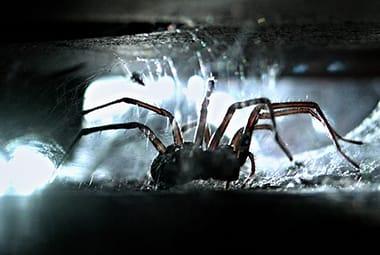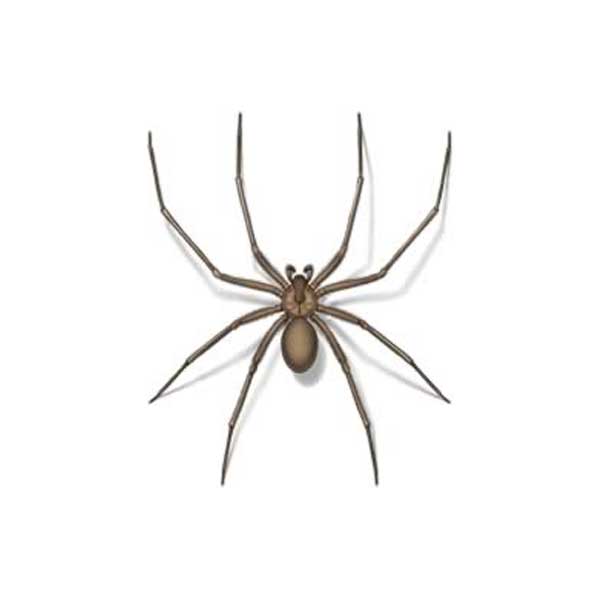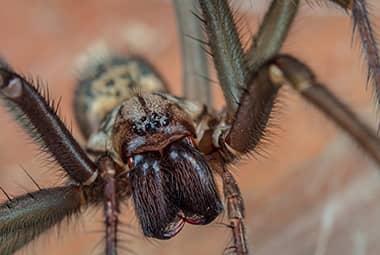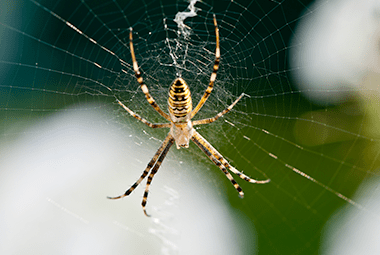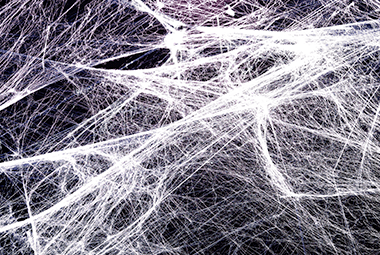The name “house spider” encompasses a large range of common home-invading spider species. Though the most notable of these species is the common house spider. Occasionally, common house spiders are called American house spiders. These pests are usually brown, tan, or gray in color with darker markings across their bodies. Common house spiders are small, measuring between 4 mm and 8 mm in length, depending on the gender. Female spiders are larger than male spiders. Common house spiders love to hide in dark or undisturbed areas, such as closets, attics, basements, wall voids, and crawlspaces.
Are common house spiders dangerous?
Although all species of spiders are venomous, only a few are dangerous to humans. Black widow spiders and brown recluse spiders are the only dangerous spiders in the United States. Common house spiders use their venom to paralyze their insect prey, but rarely bite humans unless threatened or provoked. If you are bitten by a common house spider, you may experience mild pain, swelling, and redness around the bite site.
While common house spiders aren’t dangerous, finding an infestation in your Knoxville home usually indicates a larger pest problem. Spiders are nomadic, which means that they travel to wherever their food sources are found. If insect pests have invaded your property, it doesn’t take long for spiders to show up shortly after. Spider infestations always indicate deeper pest problems on your property.
Spider Prevention Tips
Without a food source on your Knoxville property, spiders will not have a reason to invade. One of the best ways to avoid attracting spiders to your home is to remove all the factors that provide spiders with sources of food and shelter. Keep spiders at bay with these simple spider and insect prevention steps.
- Insects love moisture. Remove moisture from your property by filling in low-lying areas of your lawn, clearing your gutters of debris, and dumping water out of items that collect rainwater (such as flowerpots).
- Both spiders and insects are most comfortable in areas with thick vegetation and plant cover. Cut tree branches, shrubs, foliage, and weeds away from your exterior walls. Not only will this reduce how attractive your property is to pests, but it will also allow sunlight to hit your foundation and dry up excess moisture.
- Common house spiders and insects will invade your home through just about any entry point they can find. If you seal up these areas, fewer pests will be able to invade. Seal cracks in your foundation, install door sweeps, and replace torn window screens.
The most effective way to remove spider and insect infestations is with the help of the licensed pest specialists here at Russell’s Pest Control. We provide a variety of home pest control services, including inspections, general pest management, rodent control, and much more! For assistance with your spider infestation or any pests that encourage spiders to invade, contact Russell’s Pest Control.
